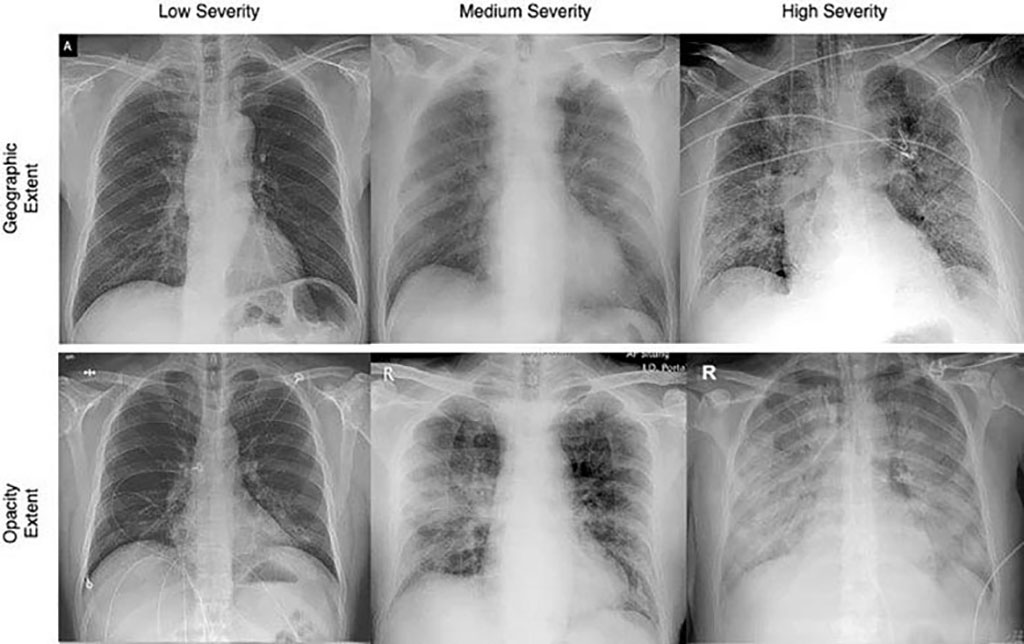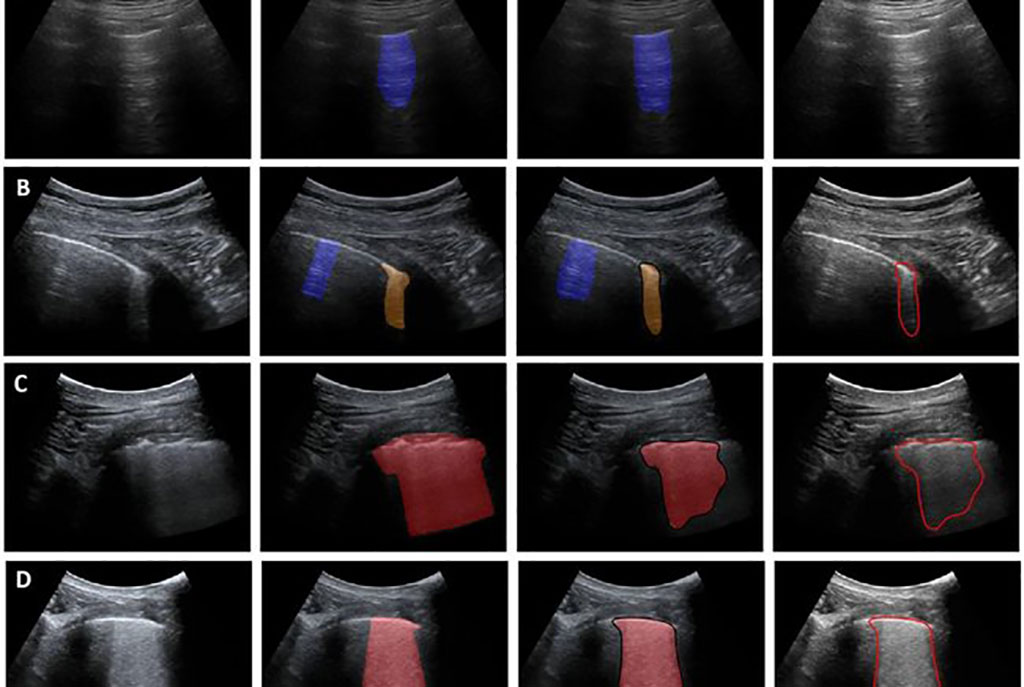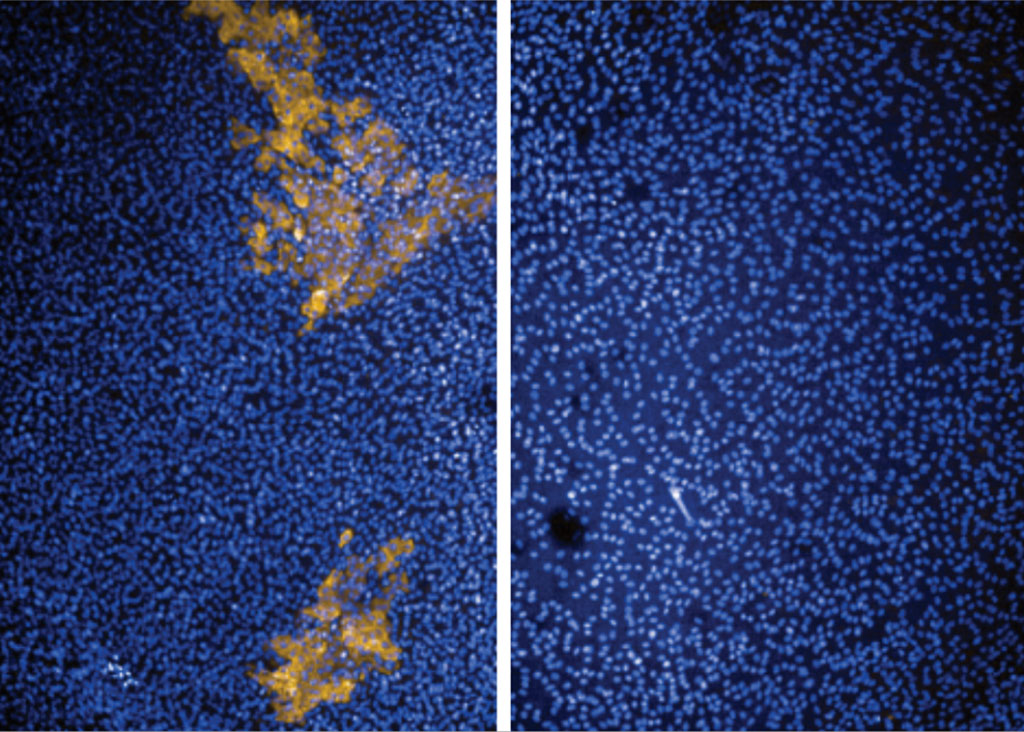

Intelligent Lung Ultrasound Provides Crucial Support for COVID-19 Testing Within Minutes
Using fairly simple ultrasound machines that are enhanced with artificial intelligence (AI) could make it possible to establish whether a patient is suffering from severe lung disease, possibly COVID-19, within a few minutes. More...03 Jun 2021

Cutting-Edge MRI Method Reveals Persistent COVID-19 Lung Damage Overlooked by Routine CT
A study using a cutting-edge method of imaging has identified persistent damage to the lungs of COVID-19 patients at least three months after they were discharged from hospital, and for some patients even longer. This damage was not detected by routine CT scans and clinical tests, and the patients would consequently normally be told their lungs are normal. More...31 May 2021



GlaxoSmithKline and Vir Biotechnology’s COVID-19 Antibody Drug Granted FDA Emergency Use Authorization
GlaxoSmithKline plc (London, UK) and Vir Biotechnology, Inc. (San Francisco, CA, USA) have been granted Emergency Use Authorization (EUA) by the US Food and Drug Administration (FDA) for sotrovimab (previously VIR-7831) for the treatment of mild-to-moderate COVID-19 in high-risk adults and pediatric patients. More...28 May 2021
In Other News
First-Ever Peptide-Based Drugs Could Both Prevent and Treat COVID-19
World’s First COVID-19 Vaccine Booster Study of Seven Vaccines to Provide Vital Data on Impact of Third Dose on Immune Response
AI Supported Predictors of Cardiac-Related COVID-19 Mortality Revealed in New Study
World’s First Study to Deliberately Infect Healthy Volunteers with SARS-CoV-2 for Investigation of T Cell Response to COVID-19
AI-for-COVID19 Imaging Archive Platform Enables Sharing of Radiographic Images from COVID-19 Patients and Development of AI Solutions
Echocardiography Imaging Can Identify COVID-19 Patients Predisposed to Heart Failure Who Face Higher Mortality Risk
Ultrasound Stimulation Reduces COVID-19-Related Inflammation and Decreases Length of Hospital Stays
AI Tool Uses Chest X-Rays to Identify COVID-19 Patients Likely to Develop Life-Threatening Complications with 80% Accuracy
AI Analytics Predict Daily Trajectory of COVID-19 Patients in Intensive Care Units
Anti-COVID-19 Drug Helps in Faster Recovery of Hospitalized Patients and Reduces Supplemental Oxygen Dependence
Philips Global Survey Finds Healthcare Leaders to Increase AI Investment Post COVID-19 Pandemic
Global Ivermectin Use Can Stop COVID-19 Pandemic in Its Tracks, Claims New Research
First-Ever Biomarker Reliably Predicts Severe COVID-19 Cases Early On
Eli Lilly-AbCellera Antibody Neutralizes All Currently Known Circulating SARS-CoV-2 Variants of Concern
SARS-CoV-2 Variants Could Help in Predicting COVID-19 Patient Outcomes
Organ-on-a-Chip Technology Rapidly Repurposes Existing Drugs for Treatment of COVID-19
Automated CT Image-Based AI Model Predicts Disease Progression and Mortality in COVID-19 Patients
Pfizer’s Oral Drug for COVID-19 Could Be Available by Year End, Says CEO
Korean Biopharmaceutical Firm Celltrion’s Anti-COVID-19 Monoclonal Antibody Treatment Neutralizes South African Variant
New Treatment Based on Natural Molecules That Improves Lung Function Could Keep COVID-19 Patients Off Ventilator
Oral HCQ and Throat Spray Proves Effective in Reducing Spread of COVID-19
Deep Learning Algorithm That Detects ARDS with Expert-Level Accuracy Could Be Game-Changer in COVID-19 Treatment
New Artificial Intelligence Method Helps Design Better COVID-19 Antibody Drugs











